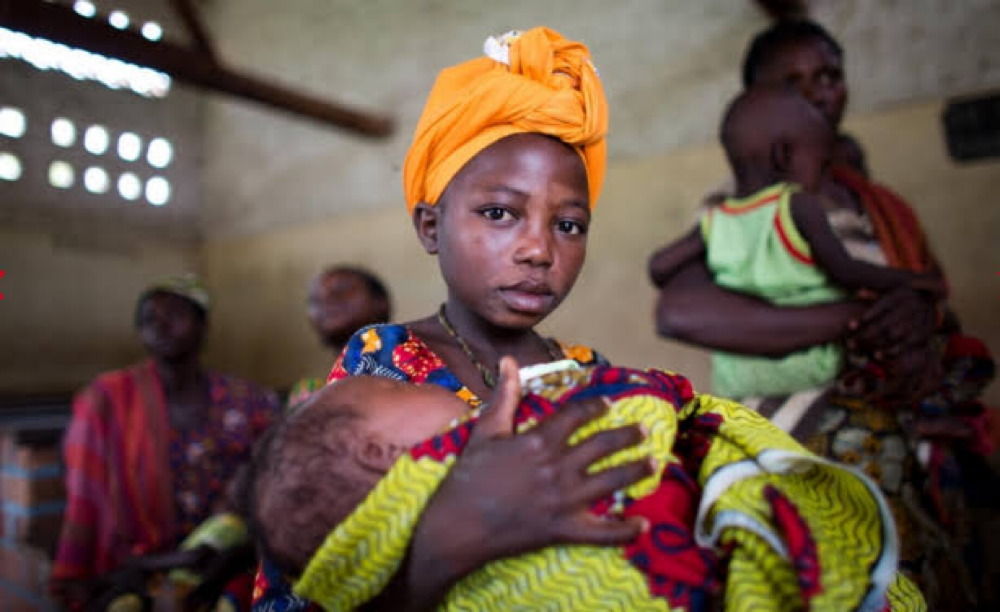No fewer than 42 million Nigerian women get married before their 18th birthday, a report by the United Nations Educational, Scientific and Cultural Organization (UNESCO) has shown.
The report which was released on the sidelines of the ‘National Dialogue on Educational Issues in Nigeria’ revealed that four in ten women still marry before the age of 18 in Nigeria.
Advertisement
The event was hosted by the Federal Ministry of Education on Tuesday, 28th of March 2023 in Abuja.
The report, which was issued by the International Institute for Capacity Building in Africa (IICBA) – a UNESCO body – detailed how child marriage affects the education of the girl child in Nigeria.
Findings revealed that the share of women who were married before age 18 stood at 39.8 percent.
According to data obtained from the World Bank, as of 2021, Nigeria had a female population of 105,574,310. 40 percent of this figure is 42,229,724.
Advertisement
The report also showed the prevalence of child marriage in the northern Nigeria with the region accounting for 63.5 per cent of underage marriages.
It also stated that girls in rural areas are at more risk of child marriage as well as girls in households with higher levels of poverty.
GIRL CHILD EDUCATION
The report noted that child marriage is associated with worse educational outcomes, including lower educational attainment and literacy for the girl child.
Speaking at the event in Abuja, Quentin Wodon, Director of the IICBA, highlighted how early child marriage negatively impacts girl child education.
Advertisement
“Early marriage in Nigeria accounts for a high majority of early child bearing, that is child bearing before the age of 18 and every year you marry before 18, reduces the chance that you will complete secondary education on time,” he said.
He added that there is a significant relationship between female education and early child marriage as the more educated a woman is, the less likely she is to get married too early.
According to the report, educational attainment for girls remains low in Nigeria, while the prevalence of child marriage and early childbearing remain high.
As such, it said states with high level of child marriage and early child bearing also have low levels of girl-child education.
The report suggests that keeping girls in school may be one of the best ways to end child marriage, and reducing the prevalence of child marriage may be one of the best ways to reduce the risk of early pregnancies and early childbearing.
FERTILITY AND HIGH INFANT MORTALITY
Advertisement
According to the report, total fertility rates have decreased over the last few decades, but they remain high, contributing to high population growth given a large share of women of childbearing age.
Further analysis suggests that secondary education for girls reduces fertility rates, while child marriage increases them.
It also states that early childbearing can lead to increased infant mortality.
Wodon shed more light on this while speaking, noting that “early child bearing will lead to high risk of death by age 5 for the child or a high risk of stunted growth.
“Nigeria’s fertility rate remains high because of early child bearing. The objective should be that women can manage how many children they want to have, because right now, a lot of women have more children than they can take care of.
The report concluded that achieving universal secondary education for girls would end child marriage and reduce total fertility in Nigeria by a fifth.



